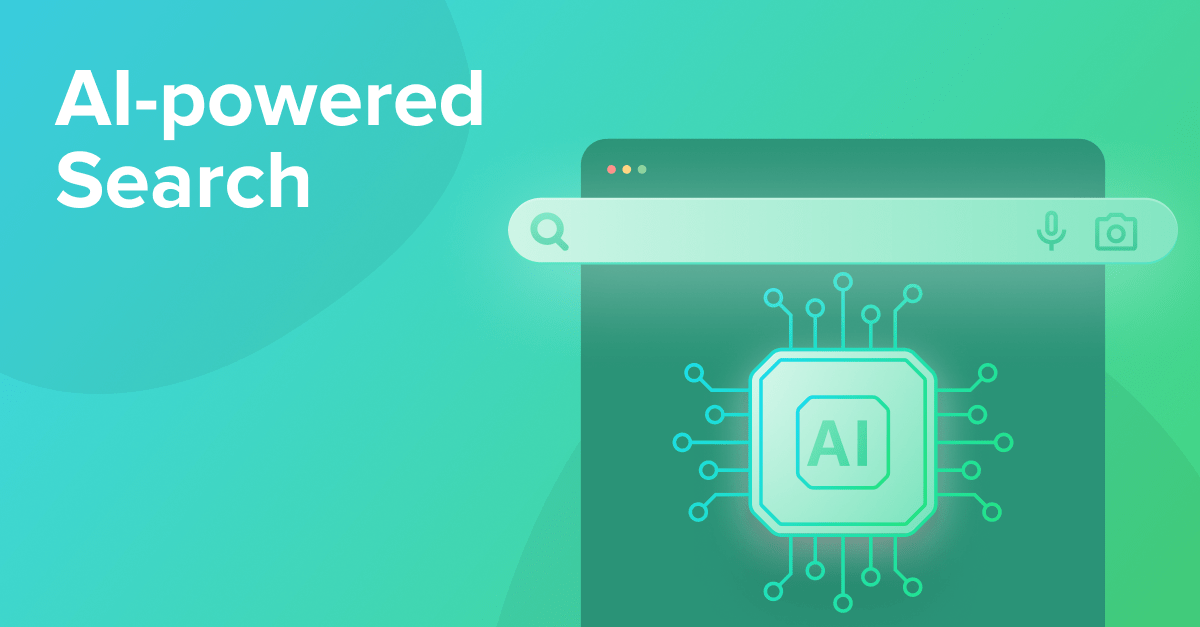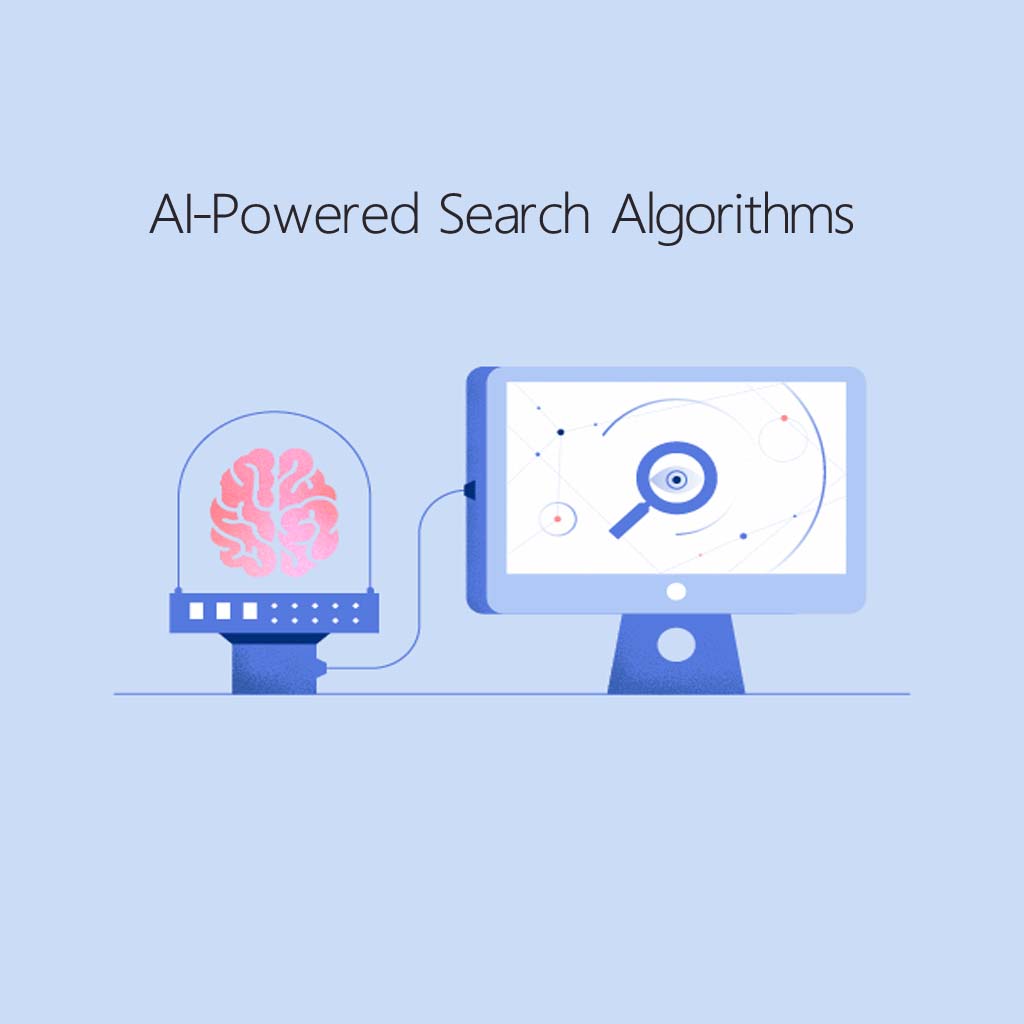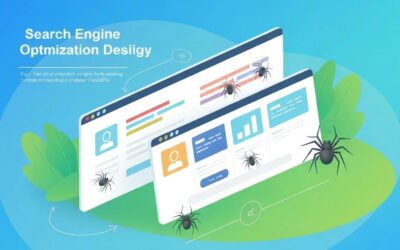AI Search Algorithms in 2025: What You Need to Know
The world of search engine optimization has always evolved alongside Google’s algorithm updates, but in 2025, artificial intelligence or AI search algorithms is steering the ship. Traditional ranking factors like backlinks, on-page optimization, and technical SEO still matter—but the way Google’s AI interprets content and user behavior is now at the core of search visibility.
This article explores how AI search algorithms are reshaping SEO, what factors matter most today, and how businesses can adapt to remain competitive.
The Rise of AI in Search Engines
AI isn’t new to Google’s search landscape. Tools like RankBrain and BERT were the early foundations of machine learning applied to search queries. In 2025, those systems have evolved into Google’s Gemini-powered Search Generative Experience (SGE), where algorithms can understand context, generate summaries, and evaluate trustworthiness in real-time.
From Keywords to Context
In the past, ranking meant placing exact-match keywords strategically throughout your content. Now, Google’s AI looks for meaning, intent, and authority. It interprets whether your content truly satisfies a user’s query—even if you don’t use the exact words they type.
User Signals Matter More
Click-through rates, time on page, and interaction patterns are now stronger indicators of content quality. If users bounce quickly, AI assumes your content isn’t relevant. Optimizing for engagement is just as important as optimizing for search crawlers.
(Reference: Google Search Central Blog)

AI-Powered Search Algorithms
Key SEO Strategies for AI-Powered Algorithms
The shift to AI-driven search doesn’t mean SEO is dead—it means strategy must evolve. Here are the most critical approaches in 2025.
1. Build Topical Authority
Rather than writing isolated blog posts, develop **content clusters** that explore a subject from multiple angles. For example, if your site covers digital marketing, don’t just publish one article on SEO. Create a full hub covering keyword research, technical SEO, link building, and AI-powered strategies. This signals authority to Google’s algorithms.
2. Leverage Structured Data
Schema markup helps Google’s AI interpret your content more accurately. From product reviews to FAQs, structured data improves your chances of being pulled into SGE results and featured snippets.
(Reference: Schema.org)
Preparing Your Website for the Future of AI Search
AI-powered search is only getting smarter, which means SEO must adapt continuously. Future-proof your website with these steps:
Focus on Human-Centered Content
Content written solely for bots is quickly becoming obsolete. AI prefers **natural, human-friendly writing** that answers real questions. Blend SEO research with conversational tone and real-world expertise.
Prioritize Experience, Expertise, Authority, and Trust (E-E-A-T)
Google’s algorithms reward websites that demonstrate credibility. Publish original research, cite experts, and make author profiles transparent. Sites lacking trust signals risk losing visibility in AI-driven search.
(Reference: Search Engine Journal)
Final Thoughts
SEO in 2025 is no longer about outsmarting an algorithm—it’s about teaching AI that your website is the best, most authoritative answer to a search query. Brands that adapt by focusing on topical authority, user engagement, and structured context will thrive in an AI-driven search landscape.




